No one ever went broke underestimating the taste of the American public
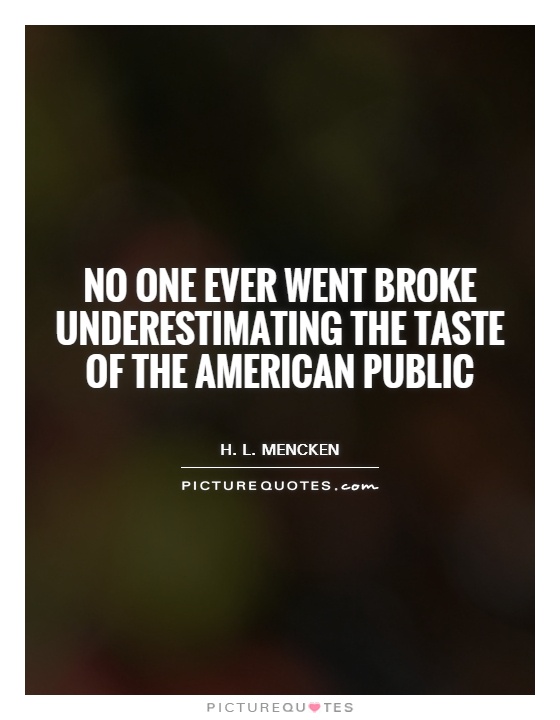
Business QuotesAmerica QuotesAmerican QuotesFunny Business QuotesNo One QuotesAmerican Public Quotes
No one ever went broke underestimating the taste of the American public
H.L. Mencken, a prominent American journalist, satirist, and cultural critic, is often credited with coining the phrase, "No one ever went broke underestimating the taste of the American public." This quote has become a popular saying in the world of media and entertainment, as it reflects Mencken's cynical view of American society and its consumer habits.Mencken was known for his sharp wit and biting commentary on a wide range of topics, from politics to religion to popular culture. He was a keen observer of human behavior and had a knack for exposing the absurdities and hypocrisies of American life. In many ways, his quote about underestimating the taste of the American public encapsulates his overall attitude towards the masses.
Mencken believed that the American public had a tendency to gravitate towards the lowest common denominator when it came to their tastes and preferences. He saw a culture that was increasingly driven by commercialism, materialism, and a desire for instant gratification. In his eyes, the American public was easily swayed by flashy advertising, celebrity endorsements, and the latest fads and trends.
Mencken's quote suggests that those who cater to the lowest common denominator in American society are more likely to achieve financial success than those who strive for artistic or intellectual excellence. This sentiment has been echoed by many critics and commentators over the years, as they lament the decline of high culture and the rise of mass-market entertainment.
However, it is worth noting that Mencken's quote should not be taken at face value. While he may have been critical of the tastes of the American public, he also recognized that there were pockets of sophistication and discernment within society. He himself was a champion of literature, music, and the arts, and he believed that there was value in challenging the status quo and pushing the boundaries of conventional wisdom.
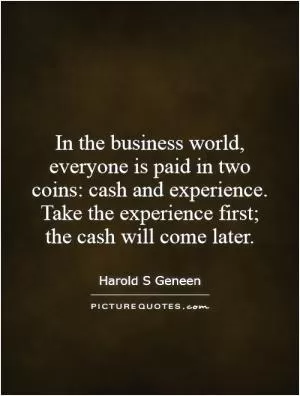


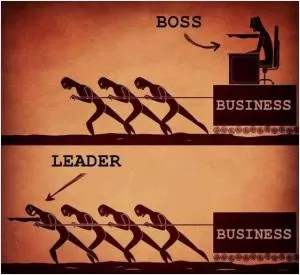
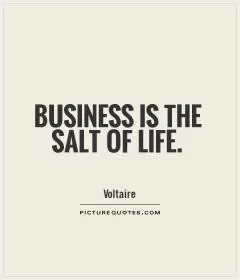
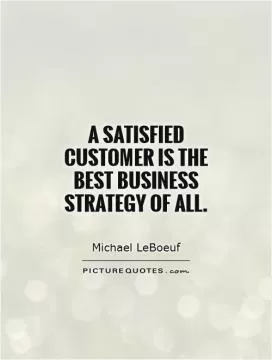
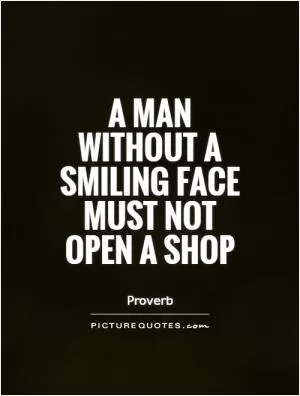
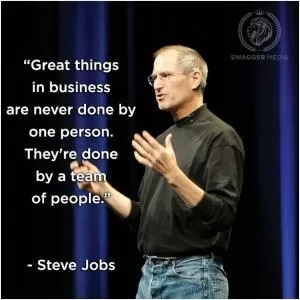

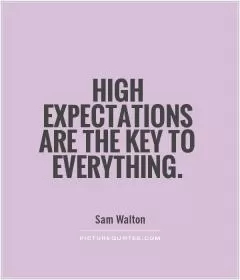
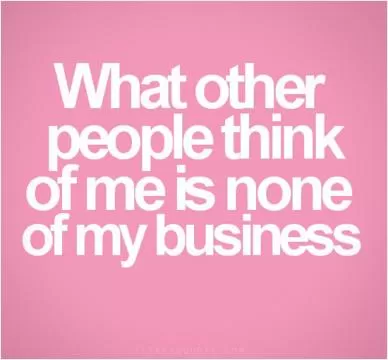

 Friendship Quotes
Friendship Quotes Love Quotes
Love Quotes Life Quotes
Life Quotes Funny Quotes
Funny Quotes Motivational Quotes
Motivational Quotes Inspirational Quotes
Inspirational Quotes